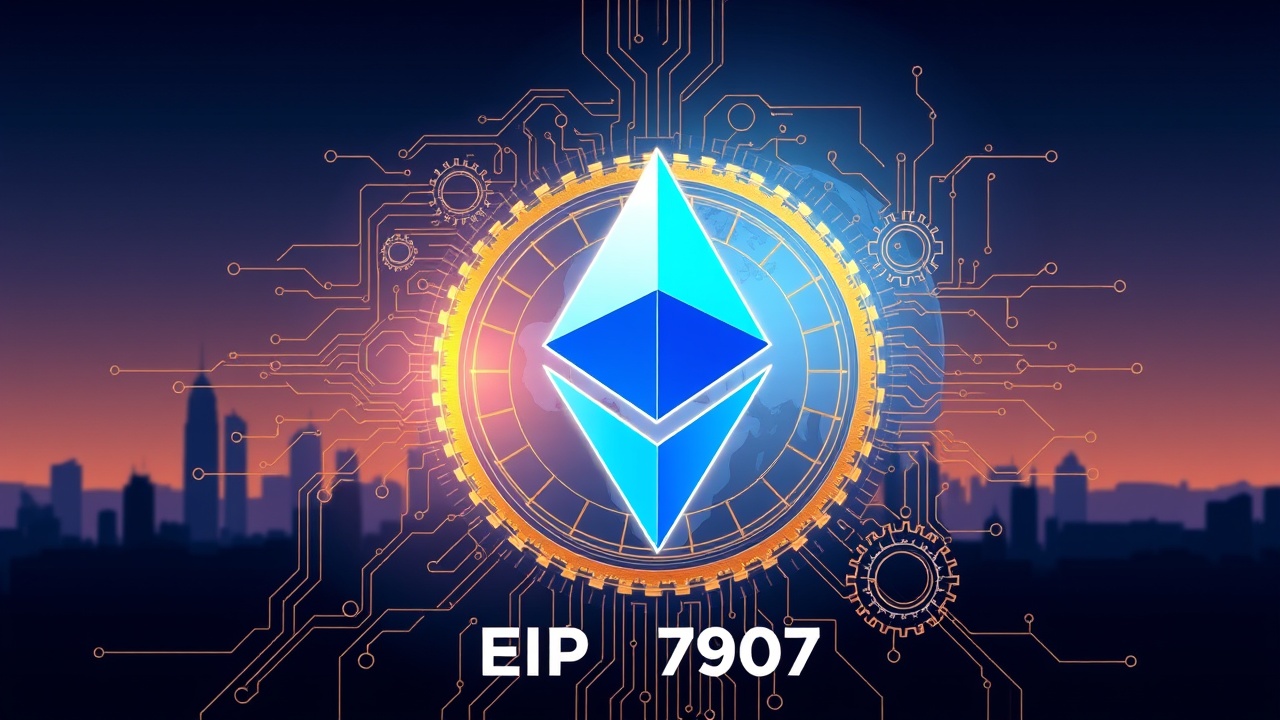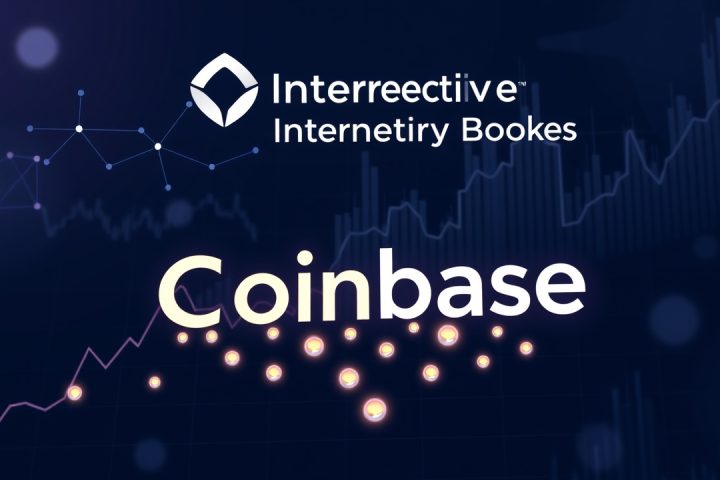Ethereum’s Technical Redesign
Ethereum (ETH), recognized as the foremost platform for smart contracts, is poised for a significant technical redesign aimed at enhancing its functionality for developers. This upgrade revolves around Ethereum Improvement Proposal 7907 (EIP 7907), which proposes a substantial increase in the permissible size of smart contracts.
Proposed Changes and Implications
If enacted, this new limit could allow contracts to expand to as much as 256 kilobytes, marking a tenfold increase over the current restrictions.
As it stands, EIP 7907 is being evaluated for inclusion in the forthcoming Fusaka hard fork, expected to launch by late 2025. This proposal has been met with optimism among developers, who have long awaited the removal of constraints that inhibited the ability to deploy larger smart contracts on the Ethereum network.
The introduction of this new gas pricing model—charging two gas per word for contract code that exceeds 24 kilobytes—facilitates the deployment of larger contracts while simultaneously mitigating the risk of denial-of-service (DoS) attacks through a structured gas charging system.
Insights from Contributors
Charles Cooper, a contributor to EIP 7907, emphasizes that this proposal not only eliminates previous limitations on contract size but also ensures that users deploying extensive contracts are charged commensurately with the resources they utilize. This aligns with Ethereum’s broader philosophy of resource-based gas pricing.
Current Status and Future Outlook
Currently, EIP 7907 is listed among the proposals being considered for inclusion in the Fusaka hard fork (also referred to as Fulu-Osaka). Concurrently, developers are focusing on the ongoing testing of the Pectra hard fork, which has faced challenges during recent activations on major testnets, including Sepolia and Holesky, though the separate Hoodi test network has successfully implemented updates.
Analysts project that May 2025 might herald the mainnet launch of Pectra, coinciding with the anticipated progression of EIP 7907. The increased flexibility and capacity that this proposal promises is seen as a critical step in advancing the developer ecosystem on Ethereum, reigniting projects that may have been stalled due to previous limitations.




